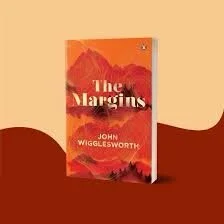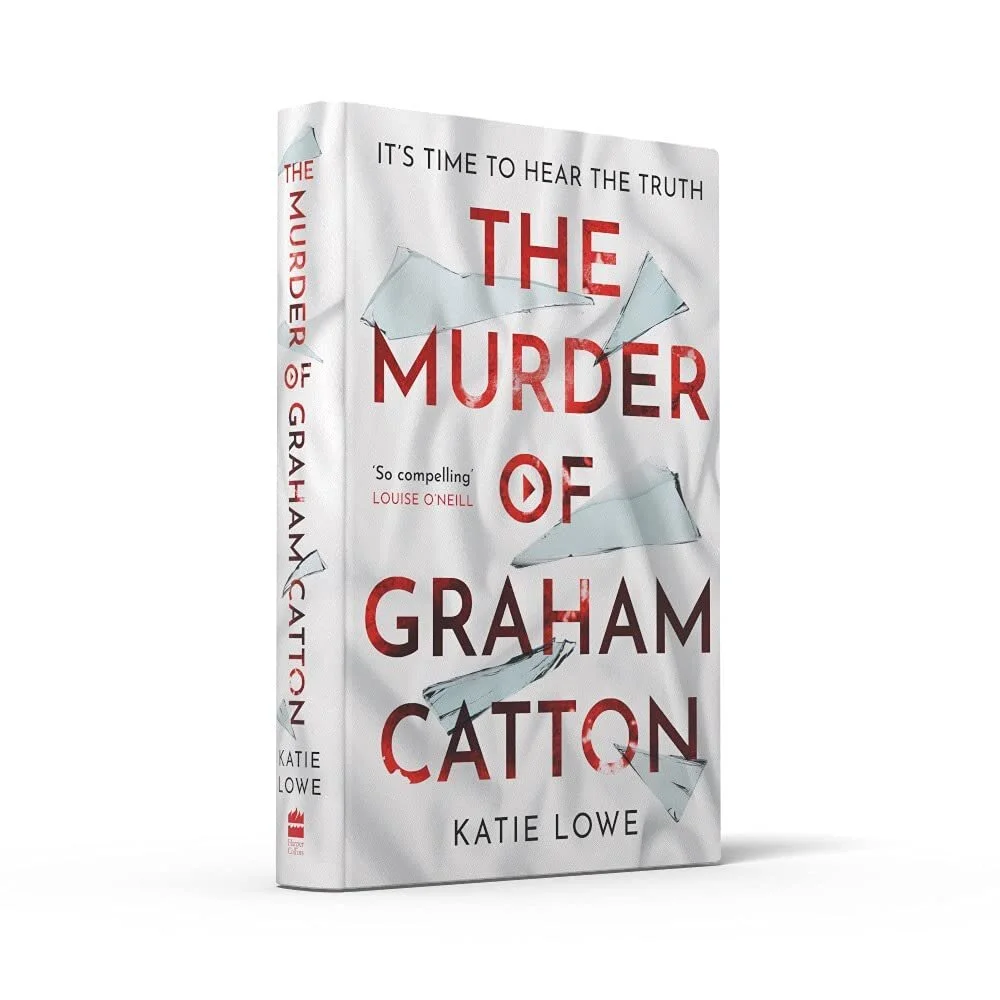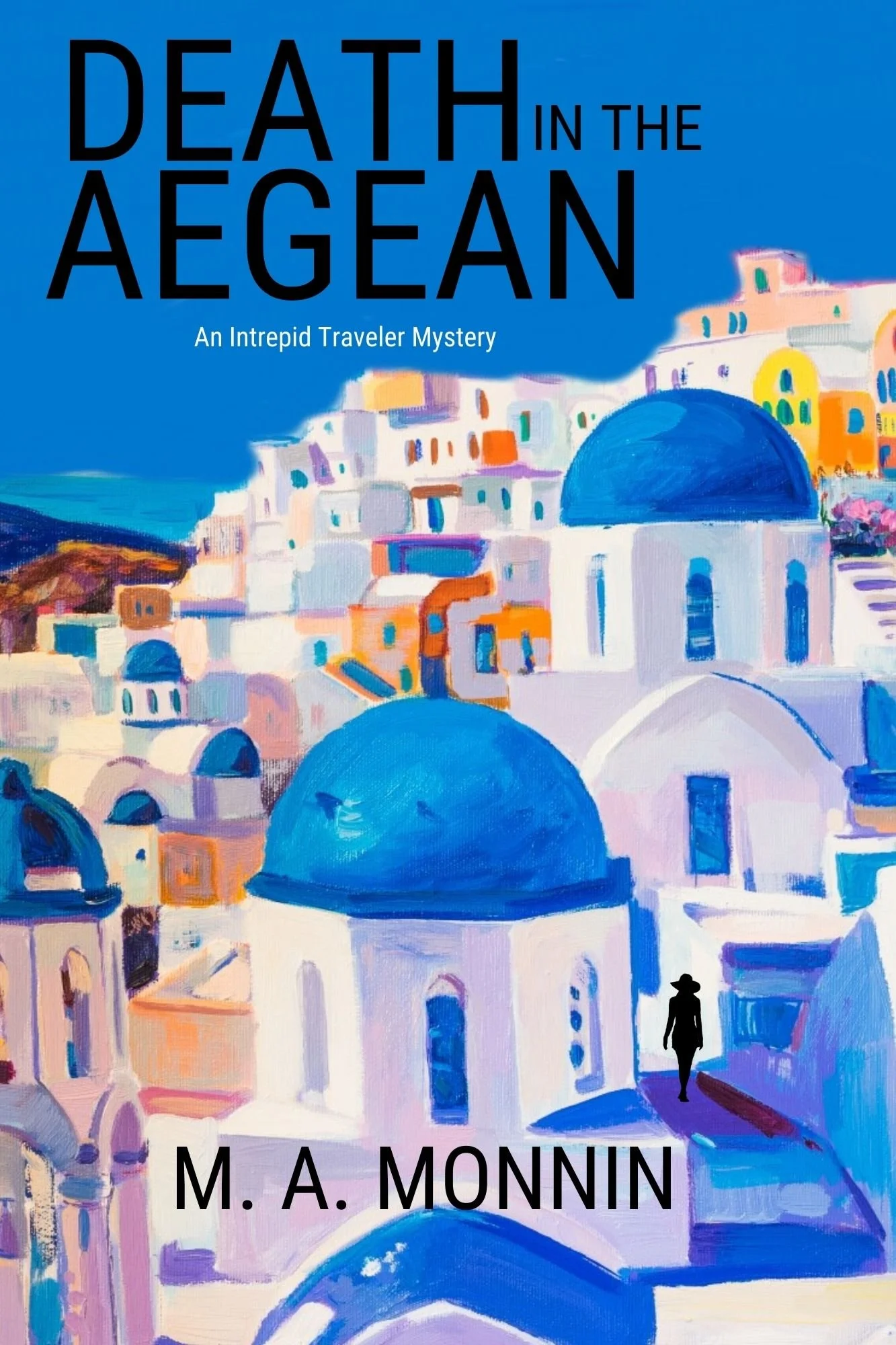Feeding the Gods by Elizabeth Harrison
Female writing duo ‘Elizabeth Harrison’ releases a powerful thriller that addresses the issues women face through life and the readiness of the drug companies to provide a pill for every problem
Roberta, Rosie, Sandra and Linda meet at college in the 70s and remain constant friends, despite life’s up and downs. The sudden death of one of the friends leads the others to suspect that a slimming drug she had been taking was perhaps to blame.
Was this a wonder drug or a threat to life?
The friends start to uncover long held secrets and betrayals – both personal and professional, but the pharmaceutical industry is not yet finished with them. Feeding the Gods is a thriller that addresses friendships, the different roles a woman must take on through life and the power of the drug giants.
About the authors
Elizabeth Harrison is the pen name of Denise Harrison (Dee) and Elizabeth Buxton (Liz), two friends, writing together. Feeding the Gods is set principally in South Manchester and Cheshire, which is the area where the authors grew up, married, and had their children. Liz decided to make her career on the high seas, crewing the Atlantic, and living aboard a yacht sailing the Mediterranean, whilst Dee was involved in the start-up and development of two successful software companies.
Speaking on why they wrote the book, Dee and Elizabeth say, “We have known each other since we were five years old and when we both had more time on our hands, writing together seemed the thing to do. We both feel that the picture depicted of women’s lives in the 1960s and 1970s is so often misleading. Talk of a sexual revolution in this period was not the experience for most women. The contraceptive pill was largely unavailable to unmarried women and bringing a child up on your own was not supported by society. If you became pregnant, you got married or had an illegal abortion. Marriage was still seen as a career and consequently women were beholden to the good nature of their husband. Professional jobs for women were invariably in a support function. Things began to change in the 80s and 90s and this made a huge difference to the life choices for women. However, caring for elderly parents was too often something that landed at the feet of daughters, curtailing any ideas they might have of enjoying their new freedom. The experiences of the women in Feeding the Gods reflect all these aspects of what was and still is real life for many people and it puts the role of the drug companies in everyday life into frighteningly sharp focus.”
Today I have the pleasure of sharing an extract from the book.
ONE
October 2005
Linda knew she was dying. As she lay on the cold tiles, she felt an unbearable pain radiate from her back through to her chest.
A heart attack?
She was a nurse, and the irony of diagnosing her own death made her want to laugh, but all that escaped from her mouth was a gurgle, and she vomited.
The kitchen was in semi-darkness. A row of inadequate spotlights on the ceiling provided isolated pools of yellow light on the kitchen worktops, leaving large areas of gloom. The effect was dated, but Linda liked the cosy atmosphere and the residents of the Women’s Refuge seemed to agree, often gathering here for coffee and a smoke at night. Now, though, it was deserted, and she saw only the shadows.
She’d been walking through the doorway when she felt an excruciating blow to her back, so powerful that she lost her balance and stumbled. She felt the strength drain from her limbs, as if it was urgently needed somewhere else in her body, and, unable to help herself, she fell violently against the corner of a worktop. Something warm ran down her face and her vision blurred. Still helpless, she slumped, hitting the floor heavily. A crushing weight descended on her chest and knocked the rest of her breath out of her.
Was it only a few minutes ago?
She was slowly regaining her senses.
She didn’t know how long she’d been lying there. Her breathing was coming in ragged gasps. She tried to move her body, with no success.
Am I paralysed?
She tried to call out, but she had no breath, and instead she mewed like a kitten.
Is that someone moving past the doorway? I can’t see.
Her shaking hand brushed her face and came away red with blood.
What’s that?
She felt alone, vulnerable, ready to panic and run, but only her mind responded; she still couldn’t move.
As the minutes went by, the slow realisation that there was nothing she could physically do seemed to calm her. She was strangely comforted by the old building where she and her friends had helped so many women and children, the security of the Women’s Refuge, with its strong walls and secure locks.
I’m only forty-eight... what happened to all those years?
Her pain, her fear and the smell of blood were bringing back reluctant memories of a long night thirty years ago. Memories of her younger self, the hedonistic lifestyle she had led during her training and the consequences she had tried to forget. She was back in that tiny, sordid hotel room. She was lying on bloodied sheets, focussing on the swirling orange and brown patterns on the peeling wallpaper and trying not to scream as each wave of pain racked her body. She felt ashamed that Simon, her friend (the father?), had taken such a risk in getting drugs for her. He’d had to leave her, his involvement a well-kept secret just between the two of them. She had felt alone then.
I can't wait to read this one!







